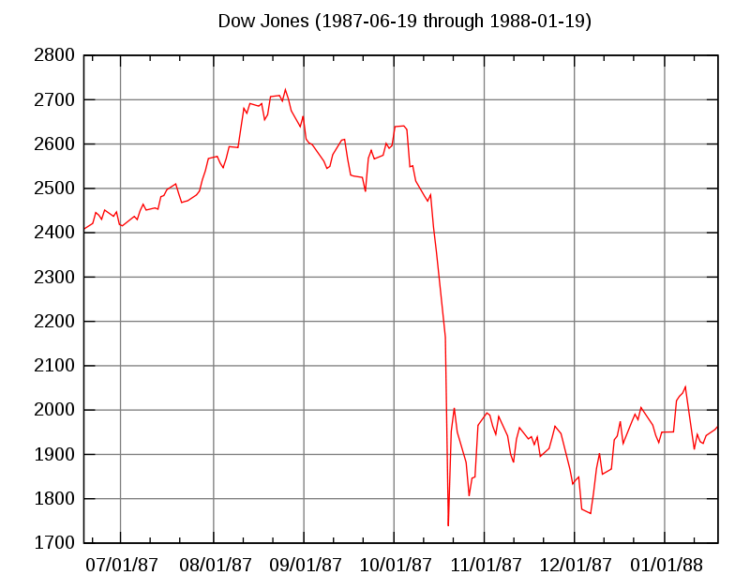As tensions rise and Americans worry about violence, businesses prepare for potential risks
- Businesses are concerned about the risks of political protests in the upcoming 2024 election season
- Political polarization is ranked as the second most important emerging risk by U.S. business leaders
- Many Americans are worried about the potential for political violence
- Businesses have tools to fortify themselves against local protests, such as plywood and real-time alert systems
- Insurance can help businesses recoup damages from political unrest, but premiums may increase
Businesses are gearing up for potential political protests and unrest in the upcoming 2024 U.S. election season. With political polarization ranked as a top emerging risk by business leaders, concerns about violence and disruption are on the rise. Many Americans are worried about the potential for political violence, and businesses are taking steps to fortify themselves against local protests. Plywood and real-time alert systems are among the tools being used to enhance security. Insurance can help businesses recoup damages, but premiums may increase due to the heightened risk. As tensions continue to escalate, businesses are bracing themselves for potential challenges and uncertainties.
Public Companies: Gartner (null), Diligent (null), Marsh (null), Starbucks (null), Target (null), Walmart (null), Hotel Association of New York City (null), Retail Industry Leaders Association (null), AlertMedia (null), Verisk Maplecroft (null), Allianz Commercial (null)
Private Companies:
Key People: Tarique Nageer (Managing Director at Marsh), Laxman Narasimhan (Chief Executive of Starbucks), Vijay Dandapani (President of the Hotel Association of New York City), Brian Dodge (President of the Retail Industry Leaders Association), Sara Pratley (Senior Vice President of Global Intelligence at AlertMedia), Robert Munks (Principal Americas Analyst at Maplecroft), Srdjan Todorovic (Head of Political Violence & Hostile Environment Solutions at Allianz Commercial)
Factuality Level: 6
Justification: The article provides information about the concerns of business leaders and advisers regarding political polarization and the risks of protests and political violence. It includes survey results and quotes from experts in the field. However, the article lacks specific data or evidence to support some of the claims made, such as the estimated insured losses from protests and the potential impact of disinformation on social media. Overall, the article provides some factual information but could benefit from more in-depth research and verification of the claims made.
Noise Level: 4
Justification: The article provides some relevant information about the risks of political polarization and protests for businesses. However, it also includes some repetitive information and lacks in-depth analysis or actionable insights. The article could have provided more evidence and examples to support its claims.
Financial Relevance: Yes
Financial Markets Impacted: The article does not provide specific information about financial markets or companies impacted.
Presence of Extreme Event: No
Nature of Extreme Event: No
Impact Rating of the Extreme Event: No
Justification: The article discusses the potential risks and concerns for businesses during the U.S. election season due to political polarization and public protests. While it highlights the financial impact of past protests, it does not describe any extreme events or provide specific information about financial markets or companies impacted.
 www.wsj.com
www.wsj.com 





